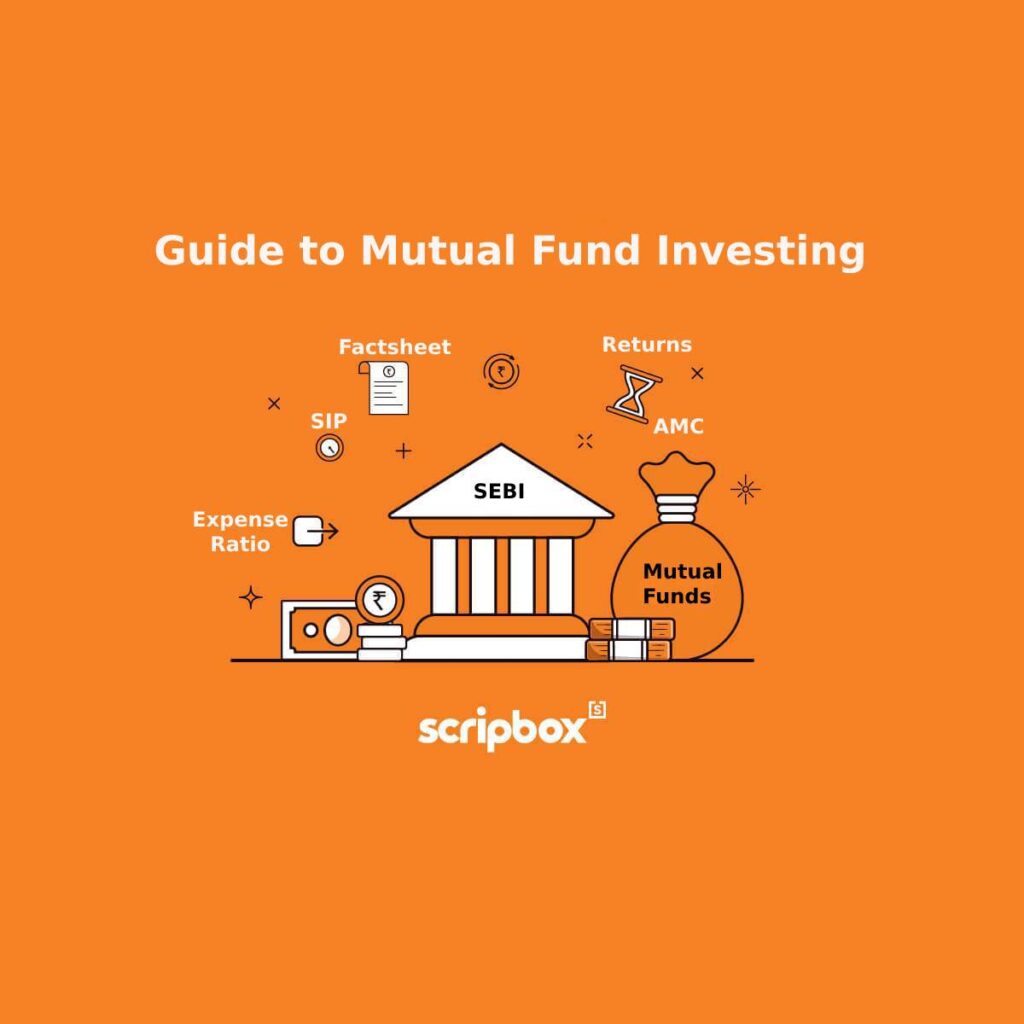Exchange-traded funds (ETFs) are pooled marketable securities that function very similarly to mutual funds. Unlike mutual funds, you can buy and sell exchange-traded funds (ETFs) on the stock exchange, similar to conventional stocks. A smart beta ETF expands on a conventional ETF by altering the fund’s investments in accordance with specific financial indicators.
What are Smart Beta Funds?
A smart beta fund is an exchange-traded fund (ETF) that uses a set of parameters to determine the investment in a fund portfolio. A smart beta fund is a combination of active and passive investing. Smart beta ETFs estimate performance against an underlying index. These funds are devoid of any fund manager bias.
Read About: Passive Vs Active Mutual Funds.
How Do Smart Beta Funds Work?
A smart beta ETF combines the advantages of active and passive investing strategies. In the same way that a passive fund tracks an index, the smart beta fund chooses the stocks from the index by considering various methodologies. The index is customised based on a few underlying factors that are used to choose the index securities and weigh them.
The determinant of the factors is not standardised. Some of these investment funds are based on just one factor, while others are based on two or more. The latter are frequently referred to as multi-factor funds. Nifty alpha low volatility 30 is an example of a multi-factor smart-beta fund. Here are some of the factors that determine index formation:
- Momentum: This refers to the tendency to select stocks with recent positive performance to maintain such performance. Stocks that often follow market trends are given more importance while constructing the index.
- Growth: During the construction of this index, stocks with continuous growth are chosen regardless of the business cycle.
- Low Risk: Volatility is a measurement of a stock’s price fluctuation. The risk increases as the stock’s volatility increases. The focus is on stocks with historically low volatility in this risk-weighted approach.
- Value: When constructing the index, good stocks that are available at lower prices than their historical average are taken into account.
- Quality: This refers to the tendency to select stocks that have strong profitability. Return on equity, dividend growth and cash flow are a few of the characteristics that help determine the quality.
- Size: This refers to the potential of stocks with small market capitalizations and bonds issued by businesses with minimal outstanding debt to outperform the market.
The index created using these factors is first tested to estimate the potential returns. It becomes a functioning smart beta index only when the results are satisfactory.
Advantages of Smart Beta Funds
- Diversification of Portfolio: A smart beta ETF provides a range of strategies such as equal weightings, fundamental weightings, etc., that can benefit investors in diversifying their portfolios. Smart Beta ETFs enable investors to have customised holdings.
- Low-Risk Investments: Since smart beta funds follow the performance of the index, they are low-risk investments. Smart beta ETFs are a good option for investors seeking to maximise their returns and minimise risk.
- Lower Expenses than Actively Managed Funds: Although the expense ratio is higher than standard ETFs, it is still lower than actively managed funds.
- Increased Returns: Smartbeta funds provide more returns as compared to traditional exchange-traded funds. The index composition is different from a regular one, here it comprises of stocks that are high quality, have high growth potential, etc. The goal of this modification is to increase returns.
Disadvantages of Smart Beta Funds
- Lower Trading Volume: In India, smart beta or factor funds are relatively new. This results in a lower trading volume in these funds.
- Impact Liquidity: Due to the lower trading volume, the liquidity of these funds is also relatively low which impacts the investor’s ability to sell their holdings at the real market value.
- Higher Cost: Smart beta ETFs are fundamentally more expensive, risky, and prone to long periods of underperformance than conventional ETFs. Additionally, they have a higher cost of rebalancing, expense ratio, and portfolio turnover.
Frequently Asked Questions
Smart beta investing is a simple and transparent type of factor investing that is inexpensive for investors. Factor investing constitutes both long and short-form strategy whereas smart beta usually consists of long-form strategy only.
Smart beta funds have an expense ratio that is greater than traditional ETFs although it is much lower than actively managed funds.
Yes, similar to passively managed strategies, smart-beta funds display tracking errors to the cap-weighted index since they track the fundamental index.
These funds are regarded as liquid funds since they belong to exchange-traded funds. However, because they are relatively new to the Indian market and have lesser transaction volumes, their liquidity might not be very high.
If an investor prefers passive management of ETFs but prefers the likelihood of receiving higher returns without accepting the higher risk that comes with active funds, smart-beta funds might be a good option. Although considered an effective investment approach, smart beta is a fairly new concept in India and one should exercise caution before investing in them. One must perform extensive research and due diligence.
